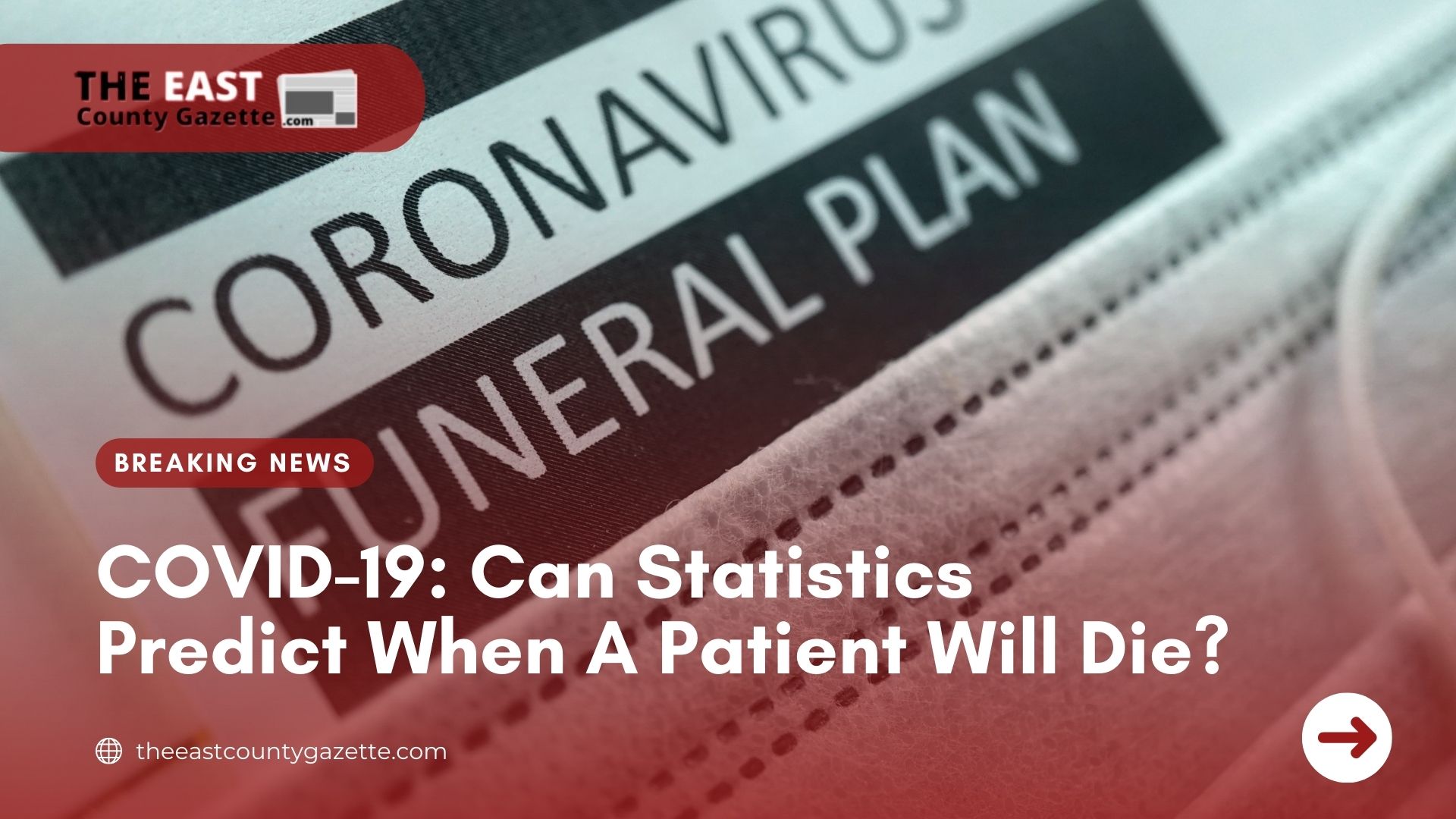Despite advances in the management of COVID-19, doctors have found it hard to identify patients most at risk of dying of the disease and so be able to offer them new treatments.
Several biomarkers have been identified in other studies, but juggling the profusion of parameters is not possible in a clinical setting and hinders doctors’ ability to make quick medical decisions.
Read more: Covid Affected Households to Start Receiving Funds From National Relief Package
However, a statistical model developed by Université de Montréal researchers used a blood biomarker of SARS-CoV-2 to identify infected patients who are most at risk of dying of COVID-19.
The goal was to test the hypothesis that immunological indicators were associated with increased mortality.
Read more: Covid-19 Omicron Variant: How New Lockdown Can Destroy Your Wealth?
“In our study, we were able to determine which biomarkers are predictors of mortality in the 60 days following the onset of symptoms,” said Kaufmann, the study’s co-lead author alongside CRCHUM research colleagues Nicolas Chomont and Andrés Finzi.
“Thanks to our data, we have successfully developed and validated a statistical model based on one blood biomarker,” viral RNA, Kaufmann said.
The participants of the study were SARS-CoV-2–positive patients admitted to the Centre Hospitalier de l’Université de Montréal (CHUM) or the Jewish General Hospital (JGH) were recruited into the Biobanque Québécoise de la COVID-19 (BQC19).
Read more: Pfizer Sues Long-Time Employee For Stealing Covid-19 Vaccine Secrets
It made no difference which hospital the patients were treated at, nor which period of the pandemic they fell into: in all cases, the predictive model worked.
Now Kaufmann and his colleagues want to put it to practical use.
Elsa Brunet-Ratnasingham, a doctoral student in Kaufmann’s lab and co-first author of the study said, “Among all of the biomarkers we evaluated, we showed that the amount of viral RNA in the blood was directly associated with mortality and provided the best predictive response, once our model was adjusted for the age and sex of the patient.”
Read more: Pfizer BioNTech Reveals Vaccine Rework Plan for Omicron COVID-19 Variant
“We even found that including additional biomarkers did not improve predictive quality,” she added.
“It would be interesting to use the model to monitor patients,” Kaufmann said, “with the following question in mind: when you administer new treatments that have proven effective, is viral load still a predictive marker of mortality?”
You can read the entire text here.
Stay updated for coronavirus updates here with us at the East County Gazette.

